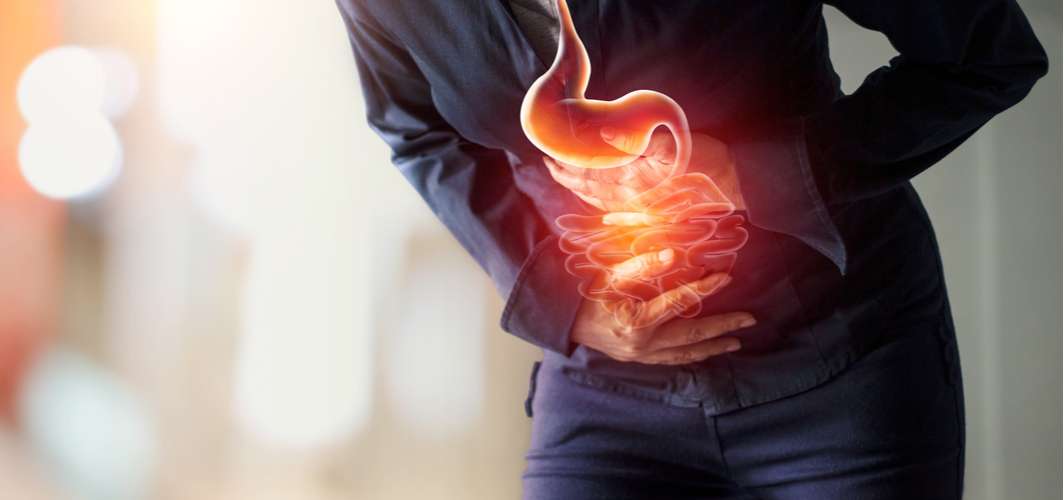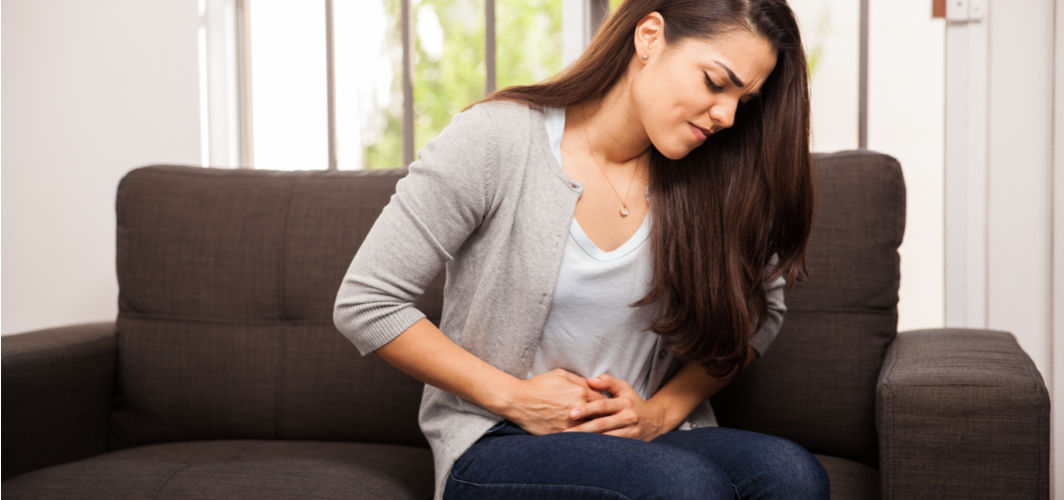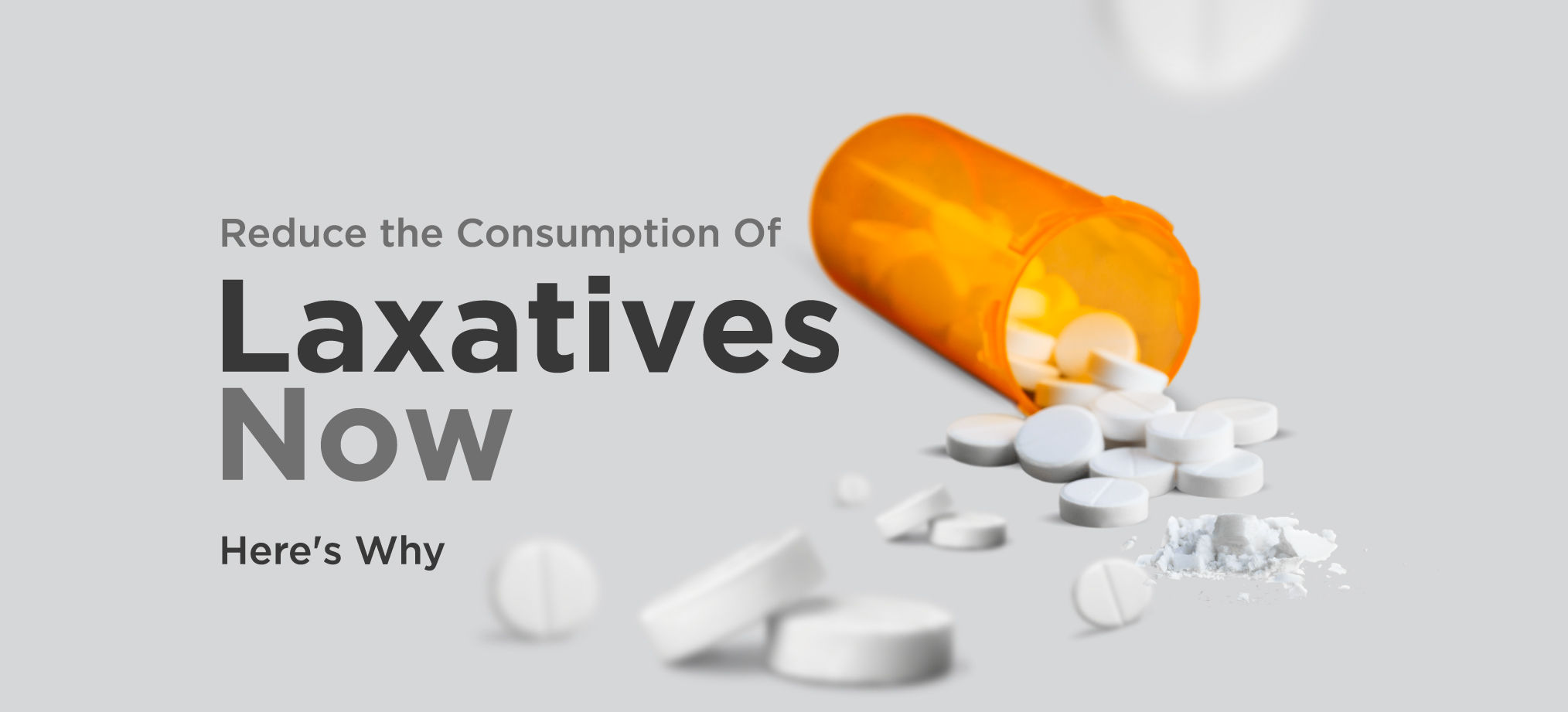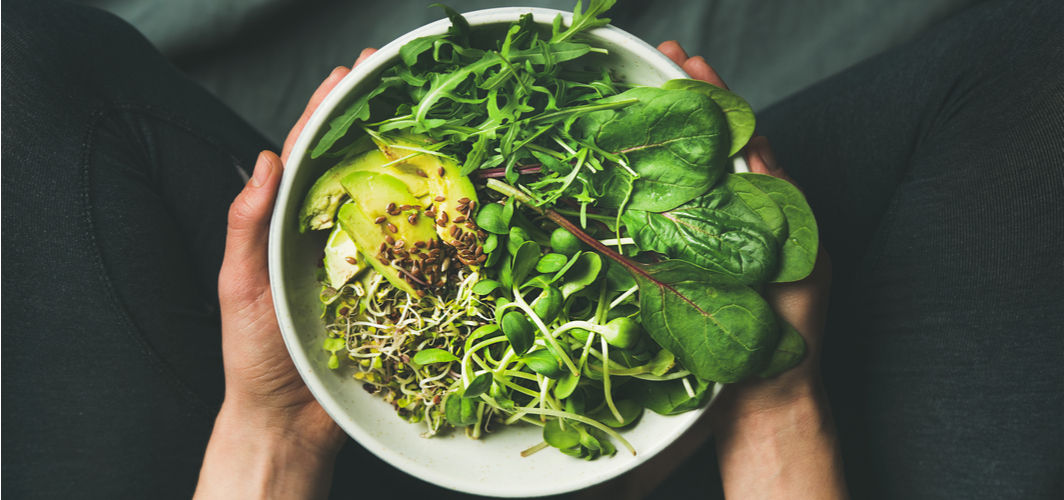Digestive Health
Gastritis: What It Is and How It Is Treated
5 min read
By Apollo 24/7, Published on - 09 March 2021, Updated on - 18 October 2022
Share this article
1
21 likes

Gastritis is a common condition that is known to affect around half of the global population. It becomes more common as people get older and is characterised by pain in the upper abdomen. It also involves episodes of stomach pain or discomfort, indigestion, bloating, nausea, and/or vomiting. The condition is generally mild and goes away without causing problems. However, if not addressed properly, gastritis can last a long time and may lead to complications such as stomach ulcers, stomach bleeding, and polyps (small outgrowths). The best way to treat gastritis is by making a few simple and effective lifestyle changes.
What is gastritis?
The term ‘gastritis’ is used to describe a group of conditions in which the protective lining of the stomach is inflamed or swollen. The stomach produces acids (digestive juices) that are essential for the process of digestion. These acids are strong and corrosive. But, the stomach is protected from these acids by a mucous membrane lining called the gastric mucosa. However, a few factors can weaken or cause injury to this protective stomach lining. This allows the acids to damage the gastric mucosa and cause inflammation that is called gastritis.
Gastritis is classified into two types - acute and chronic.
Acute vs chronic gastritis
Acute gastritis: This type of gastritis occurs suddenly and lasts for a short period of about 2-10 days. The pain associated with this condition is sharp and severe. However, acute gastritis resolves completely without causing any complications. Acute gastritis can either be erosive or non-erosive. In the former, the lining of the stomach gets eroded while in the latter, there is no erosion of the stomach lining.
Chronic gastritis: This type appears slowly over a long period, and the symptoms may not even be noticeable. Chronic gastritis may last for years or throughout a person’s life if left untreated. Also, the pain felt is dull and long-lasting. Severe chronic gastritis may not be curable and involves treatment that focuses on managing the symptoms.
What causes gastritis?
Gastritis may be the result of several causes. These include:
- A bacterial infection of the stomach caused by Helicobacter pylori is the most common cause of gastritis. The bacterium breaks down and damages the protective stomach lining exposing it to stomach acids.
- Overuse of painkillers such as Non-Steroidal Anti-Inflammatory Drugs (NSAIDs) can irritate the gastric mucosa and weaken its resistance to stomach acids. These drugs are known to decrease the substances necessary for preserving the gastric mucosa.
- Excessive alcohol consumption can lead to gastritis by causing irritation and erosion of the stomach lining, making it vulnerable to stomach acids.
- A malfunction of the immune system called ‘autoimmunity’ can also cause gastritis. Here, the immune system attacks the healthy cells and tissues, causing the protective gastric mucosa to wear out.
- Physical stress caused by a severe injury, a critical illness, or major surgery can cause gastritis that is known to be associated with a decrease in blood flow to the stomach. Massive burns and brain injuries are the common causes of stress-related gastritis. Physical stress hampers the proper blood flow which is vital for the protection of gastric mucosa.
- Gastritis can also be caused by the backflow of bile into the stomach. Bile produced in the liver moves into the stomach instead of flowing through the small intestine. The alkaline ingredients of the bile can cause chemical irritation to the stomach lining.
- Diet and lifestyle habits such as excessive alcohol consumption, smoking, extreme stress, and eating spicy foods can also cause gastritis.
Signs and symptoms of gastritis
The symptoms of gastritis may not always be noticeable. However, the most common signs and symptoms include:
- Stomach pain or discomfort
- Nausea and/or vomiting
- A feeling of fullness after eating
- Abdominal bloating
- Indigestion
- Burning sensation in the stomach
- Loss of appetite
- Vomiting blood
- Black, tarry stools
Treatment of gastritis
Treatment of gastritis depends on the underlying cause and the severity of the symptoms.
Medications used to treat gastritis:
- Antibiotic medications - A combination of antibiotics are used to treat bacterial infection caused by Helicobacter pylori.
- Proton pump inhibitors - These are used to block the production of acid from acid-producing cells.
- Histamine blockers - These are acid blockers that reduce acid production. By reducing the amount of acid released into the digestive tract, histamine blockers help alleviate gastritis pain and promote healing.
- Antacids - These medications are used to neutralize the acids present in the stomach and help to provide quick pain relief.
Recommended lifestyle changes for gastritis:
A few lifestyle changes can help manage gastritis effectively.
- Eat small and more frequent meals. This prevents the stomach to become full and thereby helps prevent the release of stomach acids in excess.
- Avoid hot and spicy foods, fried or fatty foods that can irritate the stomach.
- Avoid lying down for around 2-3 hours after a meal.
- Avoid or reduce alcohol consumption.
- Reduce the intake of caffeine
- Manage stress levels
- Quit smoking.
Conclusion
If the cause of gastritis is not known or the symptoms are severe and do not subside in a few days, one should consult the doctor to help make a diagnosis. Identifying the underlying cause is the key to treating and managing gastritis. Early and effective treatment with medications, simple lifestyle and dietary changes help prevent the complications of gastritis. Long-term lifestyle modifications are crucial in preventing gastritis episodes in the future. It may not be possible to prevent all infections that cause gastritis. However, by maintaining good personal and food hygiene, one can decrease the risk of developing gastritis from infectious agents.
Talk to a gastroenterologist if you have any questions related to digestive health.
Digestive Health
Leave Comment
Recommended for you

Digestive Health
Crohn’s Disease: A Lifelong Form of Inflammatory Bowel Disease
A person experiencing abdominal pain, cramps, diarrhoea, weight loss, and rectal bleeding over prolonged periods could be affected by Crohn’s disease.

Digestive Health
Regular Use Of Laxatives Can Increase Your Risk Of This Brain Disease By 50%
According to several researchers, regular use of laxatives can increase the risk of dementia by more than 50%. Laxatives can reduce the barrier function of our brain which can lead to a stroke, a known risk factor for dementia. Hence, it is advised not to use off-the-counter laxatives without consulting a gastroenterologist.

Digestive Health
7 Natural Ways to Overcome Acidity
Acidity is a common problem. People who experience severe episodes of acid reflux more than twice a week can relieve the symptoms by making certain changes to their lifestyle and diet.
Subscribe
Sign up for our free Health Library Daily Newsletter
Get doctor-approved health tips, news, and more.
Visual Stories

Hidden Health Benefits in a Bowl of Salad
Tap to continue exploring
Recommended for you

Digestive Health
Crohn’s Disease: A Lifelong Form of Inflammatory Bowel Disease
A person experiencing abdominal pain, cramps, diarrhoea, weight loss, and rectal bleeding over prolonged periods could be affected by Crohn’s disease.

Digestive Health
Regular Use Of Laxatives Can Increase Your Risk Of This Brain Disease By 50%
According to several researchers, regular use of laxatives can increase the risk of dementia by more than 50%. Laxatives can reduce the barrier function of our brain which can lead to a stroke, a known risk factor for dementia. Hence, it is advised not to use off-the-counter laxatives without consulting a gastroenterologist.

Digestive Health
7 Natural Ways to Overcome Acidity
Acidity is a common problem. People who experience severe episodes of acid reflux more than twice a week can relieve the symptoms by making certain changes to their lifestyle and diet.